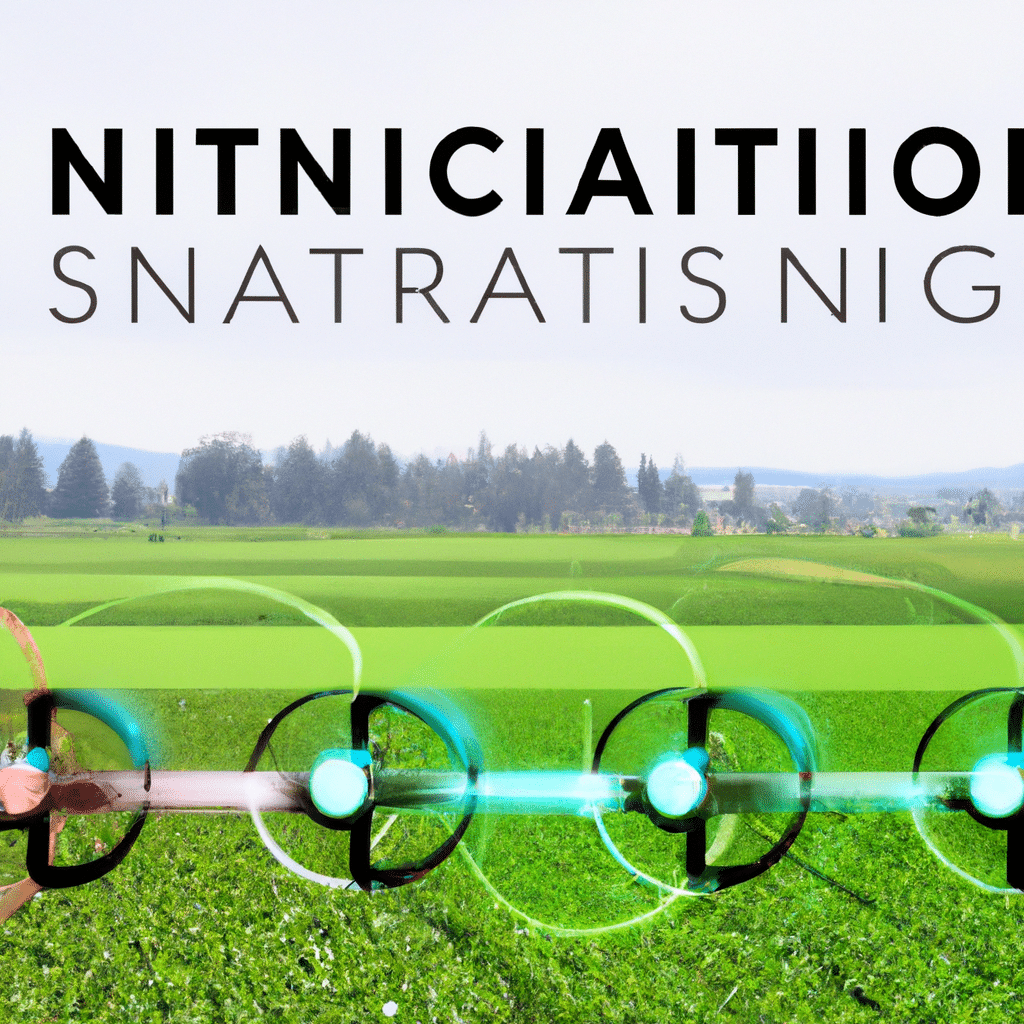In recent years, the agricultural industry has faced numerous challenges in meeting the increasing demand for food production while minimizing its environmental impact. As a result, there has been a growing interest in adopting sustainable farming practices that promote efficient resource utilization. One such innovation that holds immense promise in transforming the way we irrigate our crops is the development of revolutionary nano-sensors. These tiny devices have the potential to revolutionize irrigation practices, optimize water usage, and contribute to a more sustainable future for farming.

The Need for Efficient Irrigation
Water scarcity is a pressing concern in many parts of the world, and agriculture is a major contributor to water consumption. Traditional irrigation methods often lead to excessive water use, inefficient distribution, and wastage. Inefficient irrigation not only depletes water resources but also affects crop yield and quality. To address these challenges, there is a critical need for innovative solutions that can enhance water efficiency in agriculture.
Introducing Nano-Sensors
Nano-sensors are cutting-edge devices that utilize nanotechnology to monitor and collect data on various environmental factors, including soil moisture, temperature, humidity, and nutrient levels. These sensors are designed to be small in size, often no larger than a grain of sand, and can be easily integrated into the soil or attached to plants.
Benefits of Nano-Sensors in Irrigation
- Precision Irrigation: Nano-sensors enable farmers to monitor soil moisture levels with exceptional precision. By providing real-time data on moisture content, farmers can optimize irrigation schedules and apply water only when necessary. This prevents overwatering, reduces water usage, and minimizes the risk of waterlogging, which can be detrimental to plant health.
- Improved Crop Yield: By accurately measuring soil moisture, nano-sensors help ensure that crops receive the optimal amount of water. This promotes healthier plant growth, reduces stress, and ultimately leads to improved crop yield and quality. With precise irrigation, farmers can also avoid water stress and related yield losses caused by underwatering.
- Water Conservation: Efficient irrigation practices facilitated by nano-sensors significantly reduce water consumption in agriculture. By using water more judiciously, farmers can contribute to water conservation efforts and mitigate the impact of farming on local water sources. This is particularly crucial in regions facing water scarcity and climate change-induced droughts.
- Cost Savings: Traditional irrigation methods can be costly due to excessive water usage and energy consumption. By adopting nano-sensors for irrigation management, farmers can optimize water and energy usage, resulting in substantial cost savings. Moreover, the precise monitoring provided by these sensors minimizes the need for manual labor and reduces the risk of crop failure due to inadequate irrigation.
Challenges and Future Developments
While nano-sensors hold immense promise in transforming irrigation practices, there are still some challenges that need to be addressed. The cost of implementing these sensors on a large scale, for example, can be a barrier for many farmers. However, with advancements in technology and economies of scale, it is expected that the cost will decrease over time, making them more accessible.
Moreover, the integration of nano-sensors into existing farming systems and data management can be complex. It requires robust infrastructure, data analysis capabilities, and user-friendly interfaces. Collaboration between researchers, farmers, and technology developers is crucial to overcome these challenges and ensure the successful integration of nano-sensors into mainstream agriculture.
Looking ahead, future developments in nano-sensor technology are anticipated to further enhance their functionality and usability. Researchers are exploring the integration of additional sensors to monitor other vital parameters such as nutrient levels and pest infestations. This holistic approach to agricultural monitoring will enable farmers to make informed decisions and implement targeted interventions, resulting in even greater efficiency and sustainability.
Conclusion
As the demand for sustainable farming practices continues to rise, the development and adoption of nano-sensors in irrigation represent a significant step towards achieving efficient resource utilization and environmental stewardship. These revolutionary devices empower farmers with precise data, enabling them to optimize water usage, enhance crop yield, conserve resources, and reduce costs. By embracing this innovative technology, we can pave the way for a more sustainable future in agriculture and ensure food security for generations to come.



